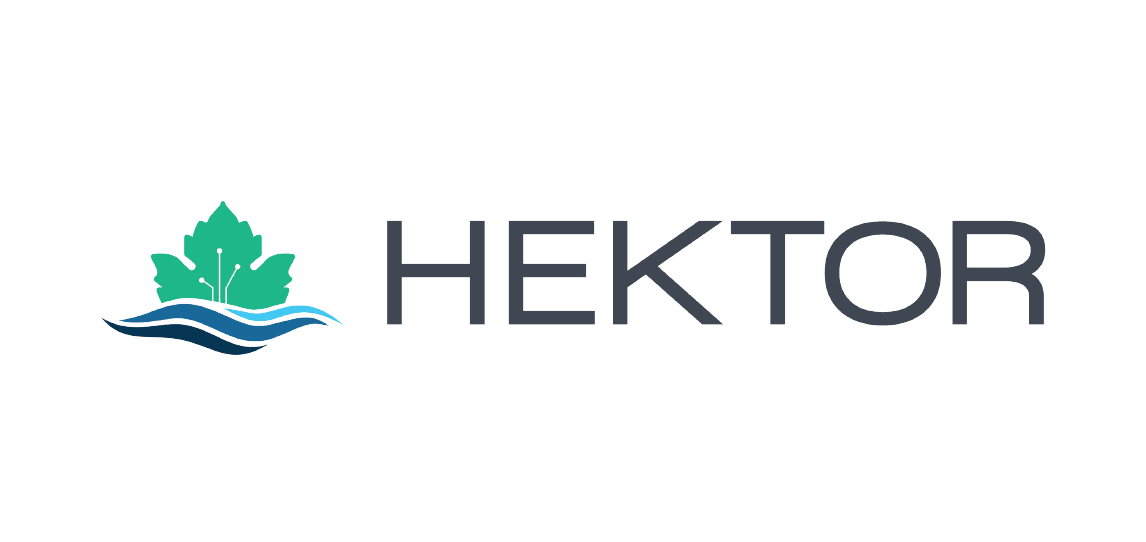The main objective of the HEKTOR project is to provide a systematic solution for the coordination and cooperation of smart heterogeneous robots/vehicles (marine, land, and air) capable of autonomously collaborating and distributing tasks in open unstructured space/waters.
HEKTOR is conceived as a modular and autonomous system, adapted for various missions in viticulture and mariculture with the anticipated possibility of human intervention while performing various work, inspection, and intervention tasks.
The purpose of the project in the part of viticulture is to try for the first time in Croatia to incorporate "robotic systems" in the wine-growing technology, especially on extremely steep, demanding terrains where only manual labor has been applied so far.
The purpose of the project in the mariculture discipline is to attempt for the first time in Croatia to include in the process of fish cage farming "robotic systems" for the automated monitoring of fish cages. This job now requires the long work of divers in all, even the harshest of weather conditions. In addition, the obligation of environmental protection and constant monitoring of the status around and below the cage in mariculture necessarily requires measurements of all relevant parameters and sampling from the bottom (sediment) and in the water column. The proposed HEKTOR robotic system will enable these activities to reduce the need for divers, thus increasing the safety of the production process and directly protecting the health of workers.
The results achieved in both of these disciplines would contribute to the faster development of sparsely populated areas (island, karst, etc.) and stop population migration while contributing to sustainable development and environmental protection.
The project is a joint action of three institutions. The University of Zagreb Faculty of Electrical Engineering and Computing is the project coordinator, and project partners are the University of Zagreb Faculty of Agriculture and Institute for Marine and Coastal Research of the University of Dubrovnik.



